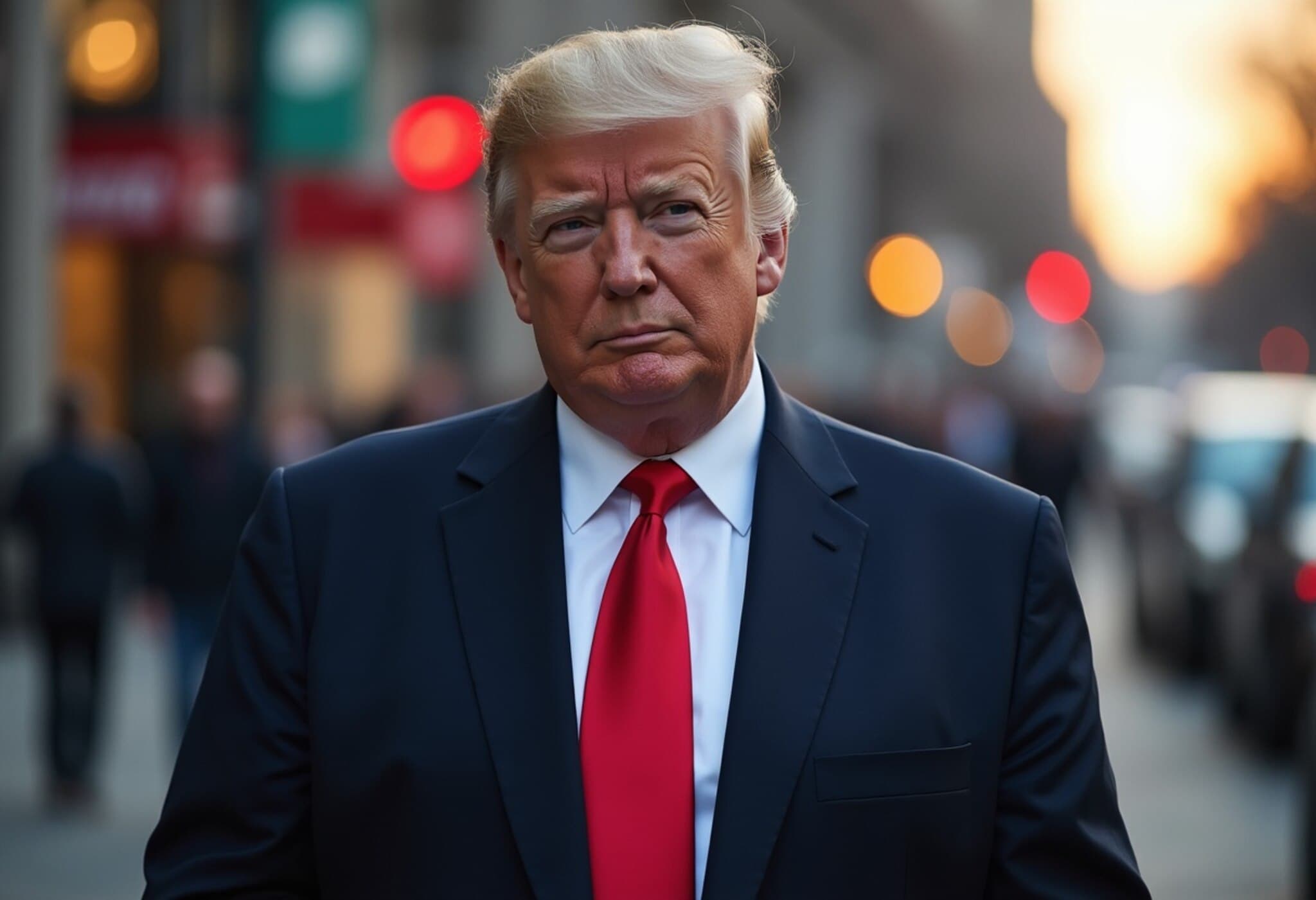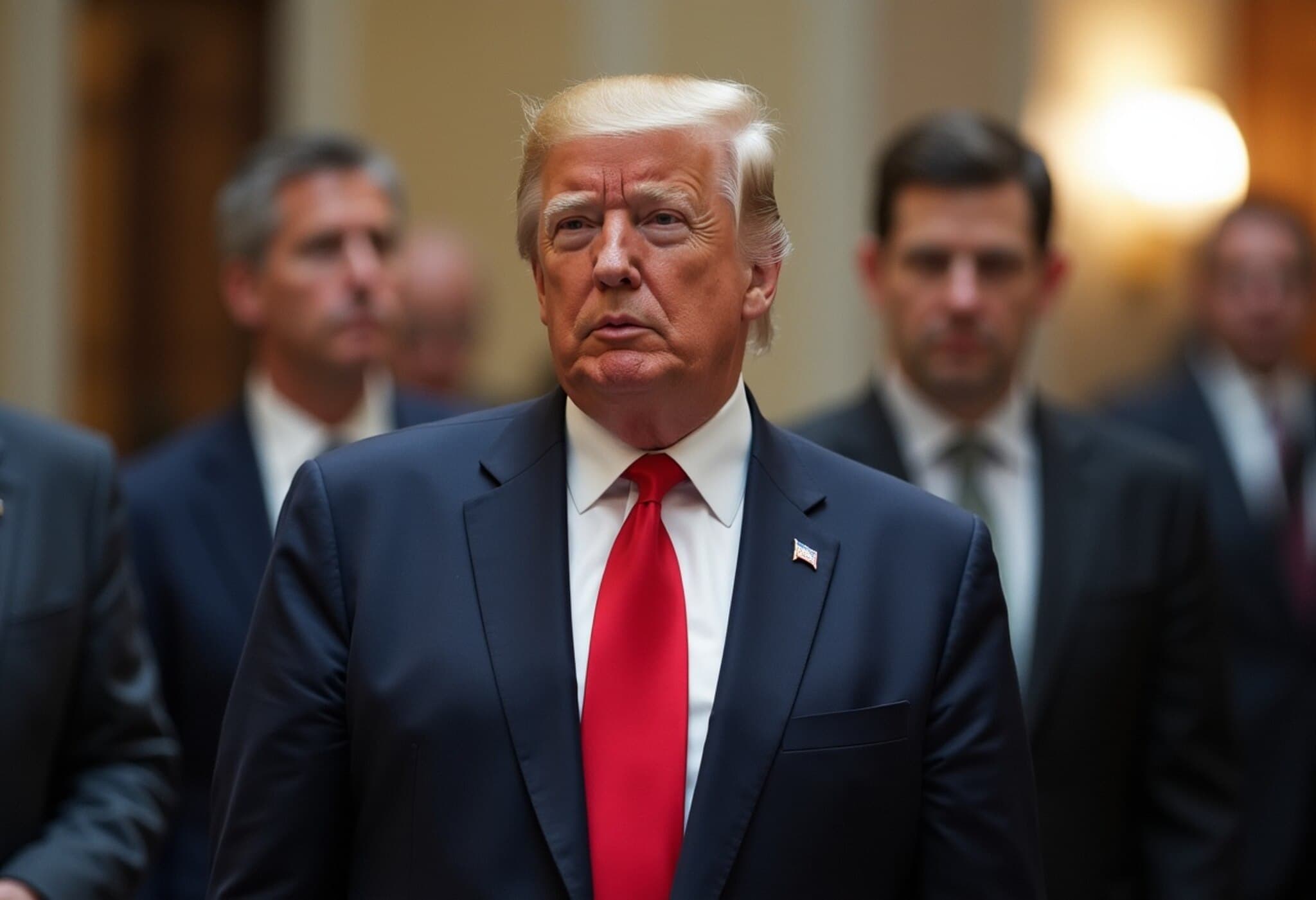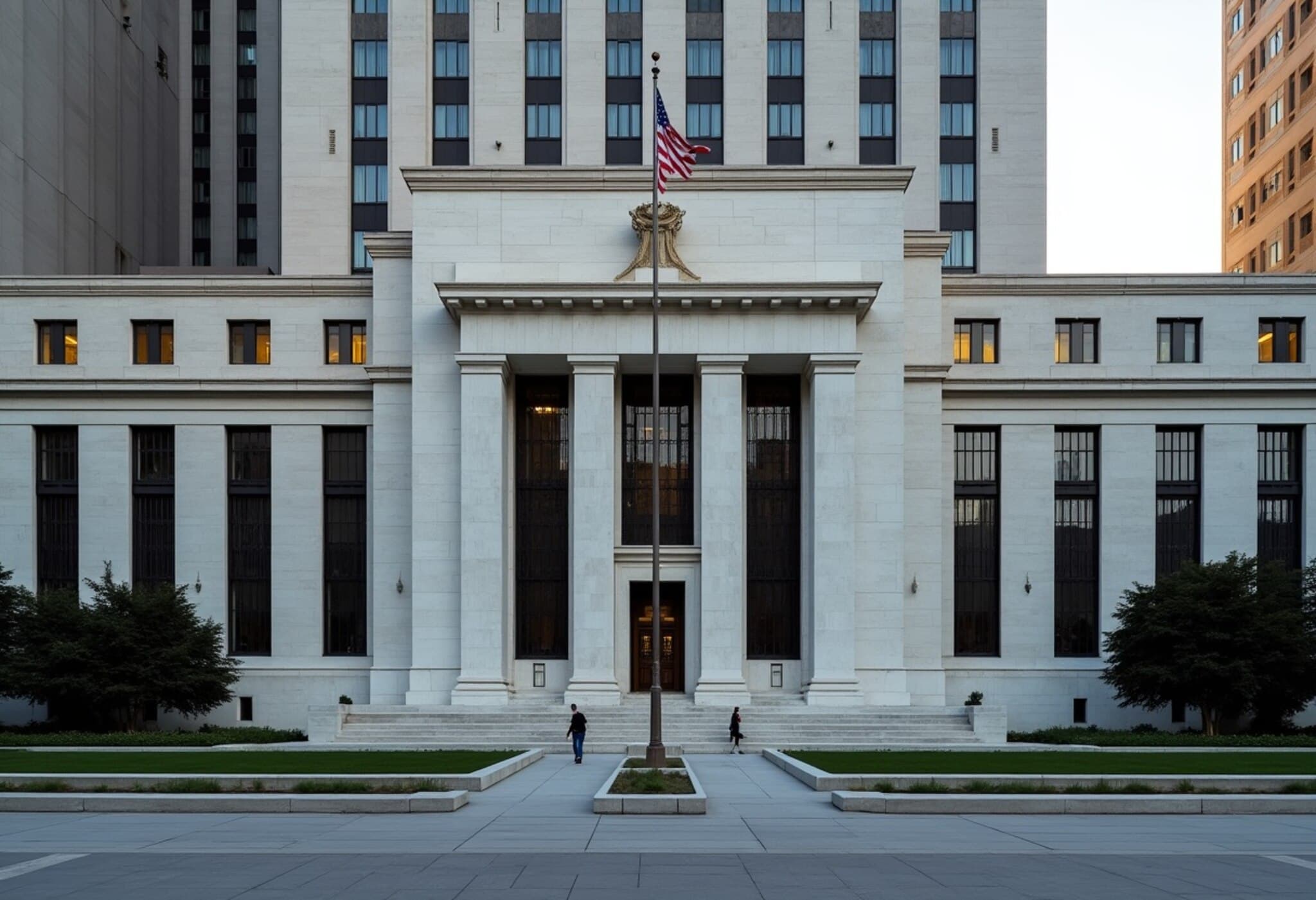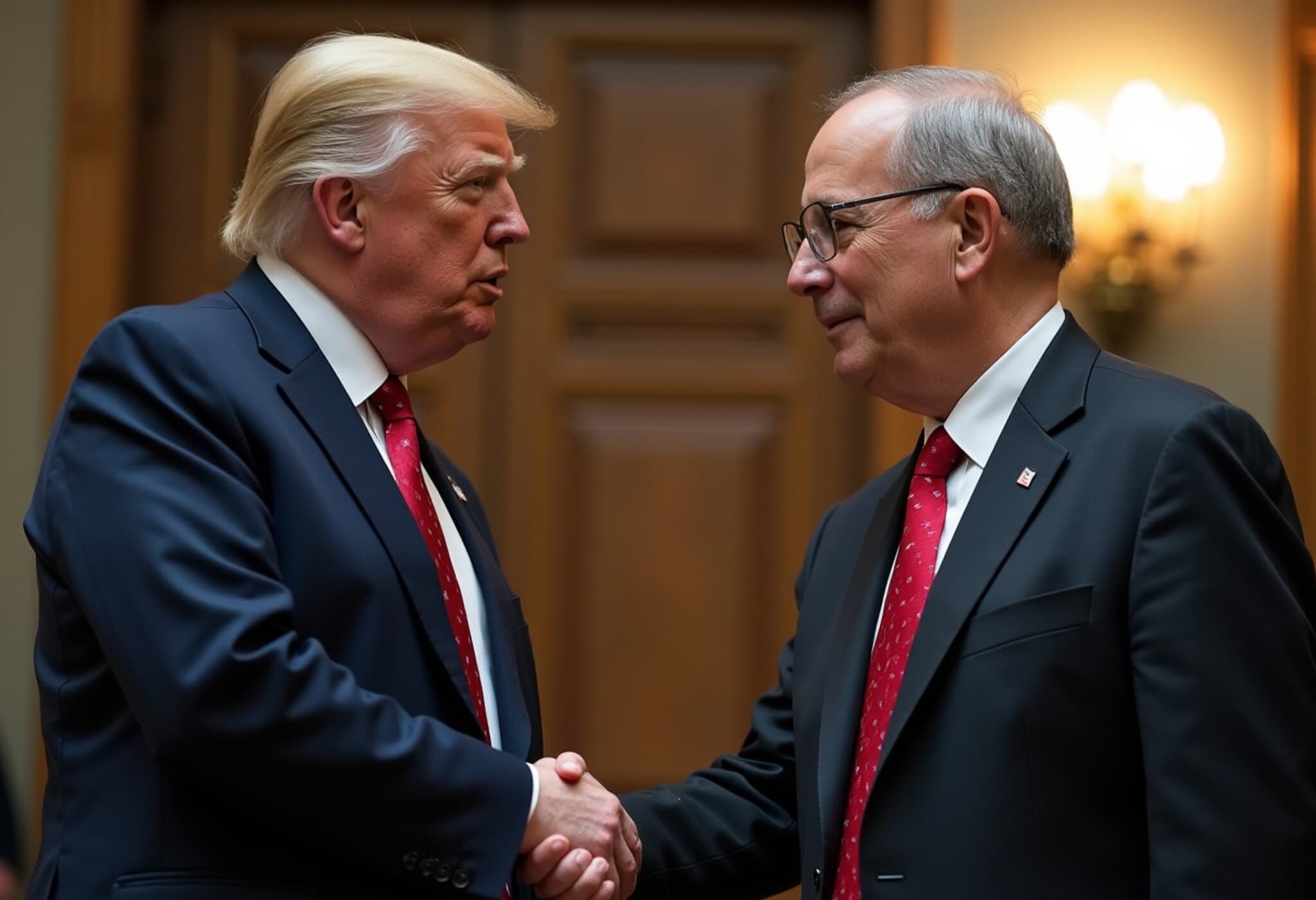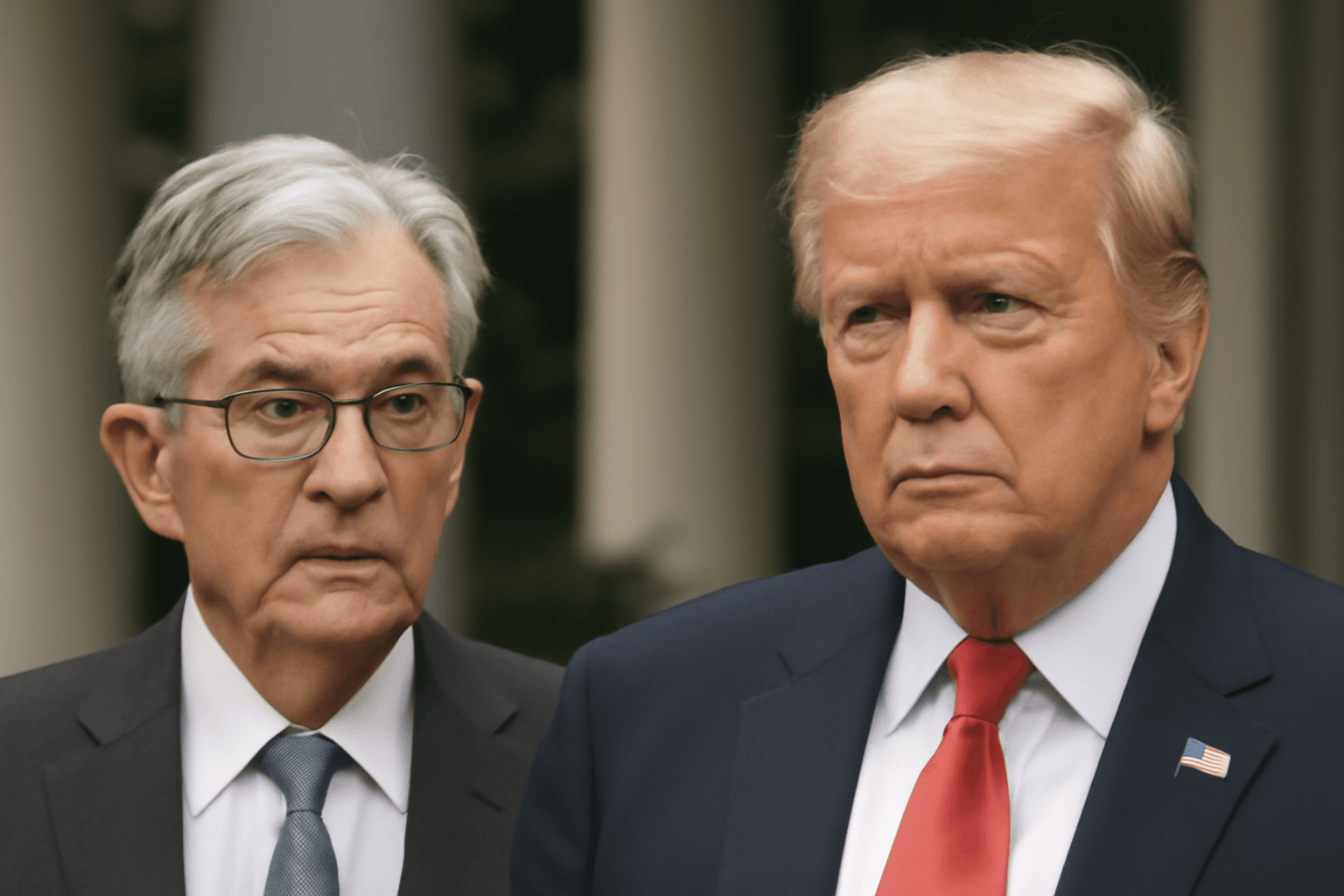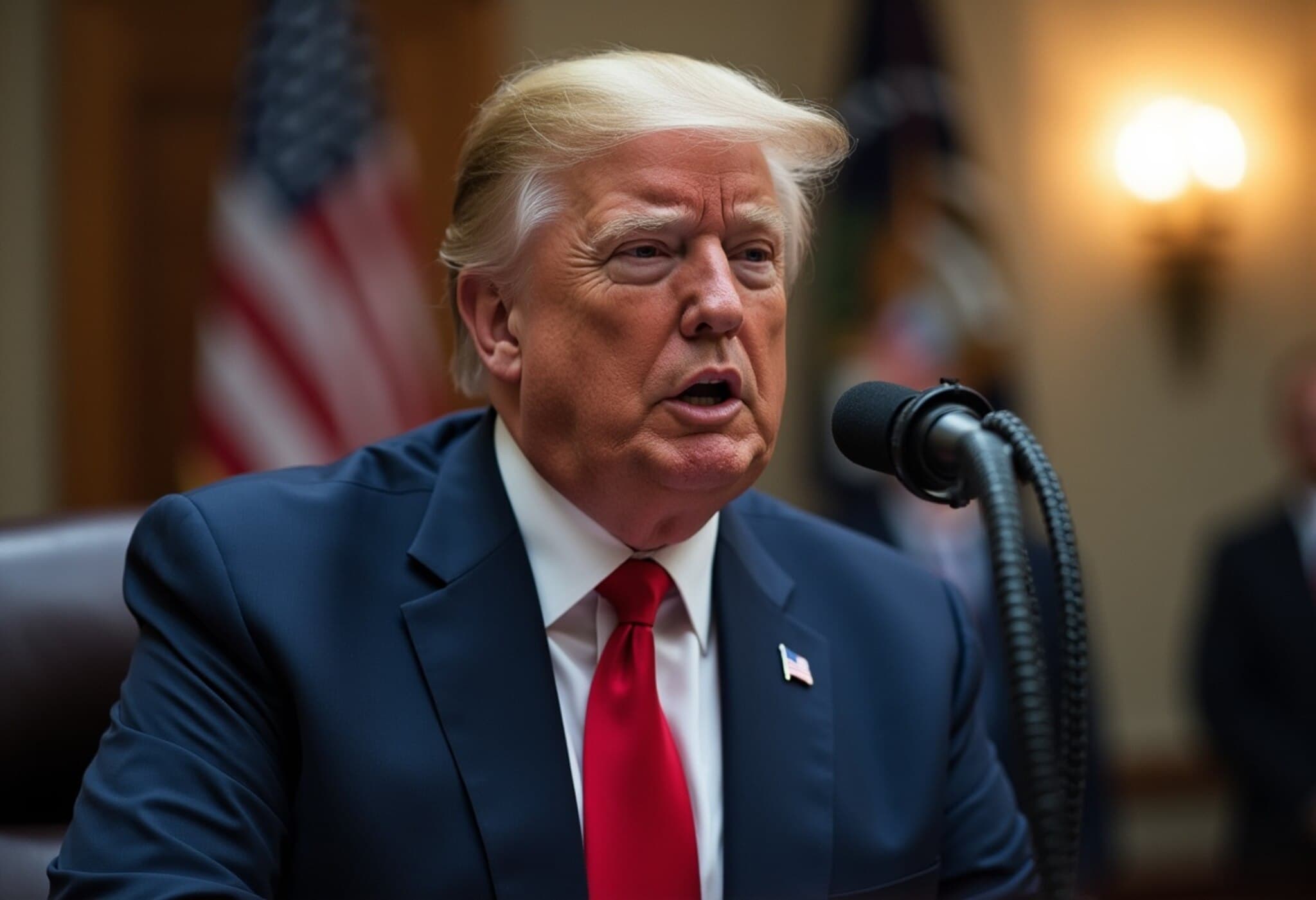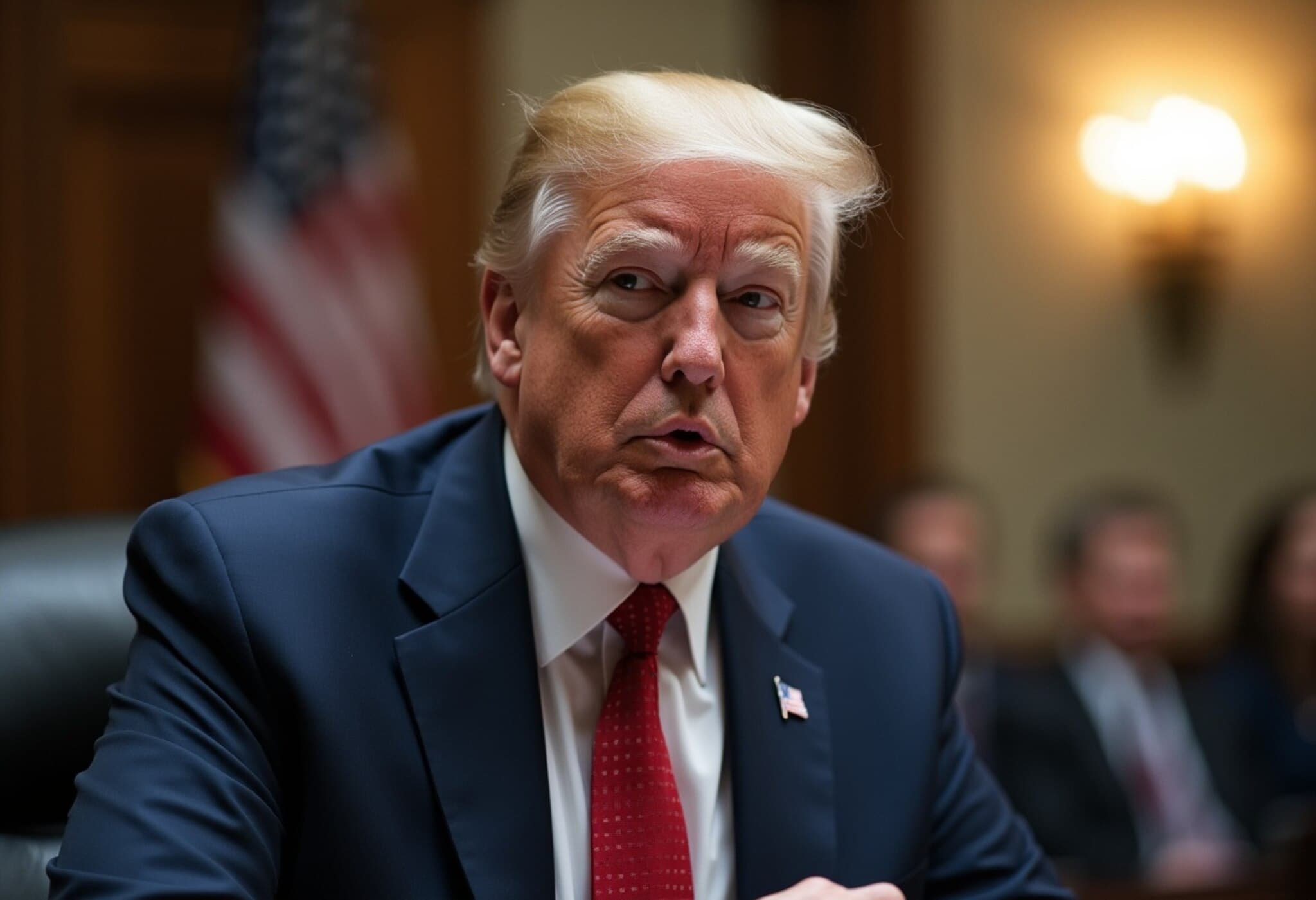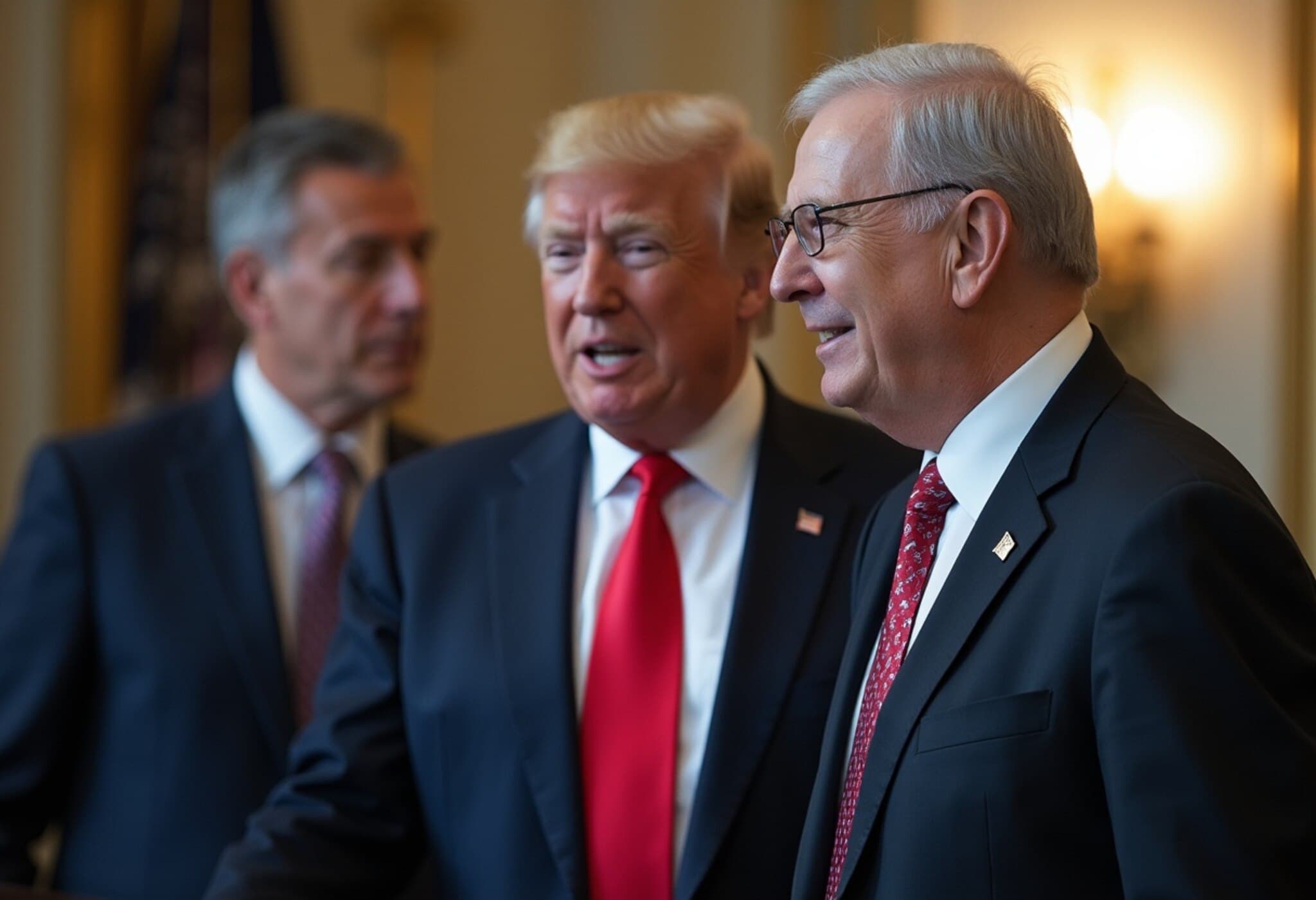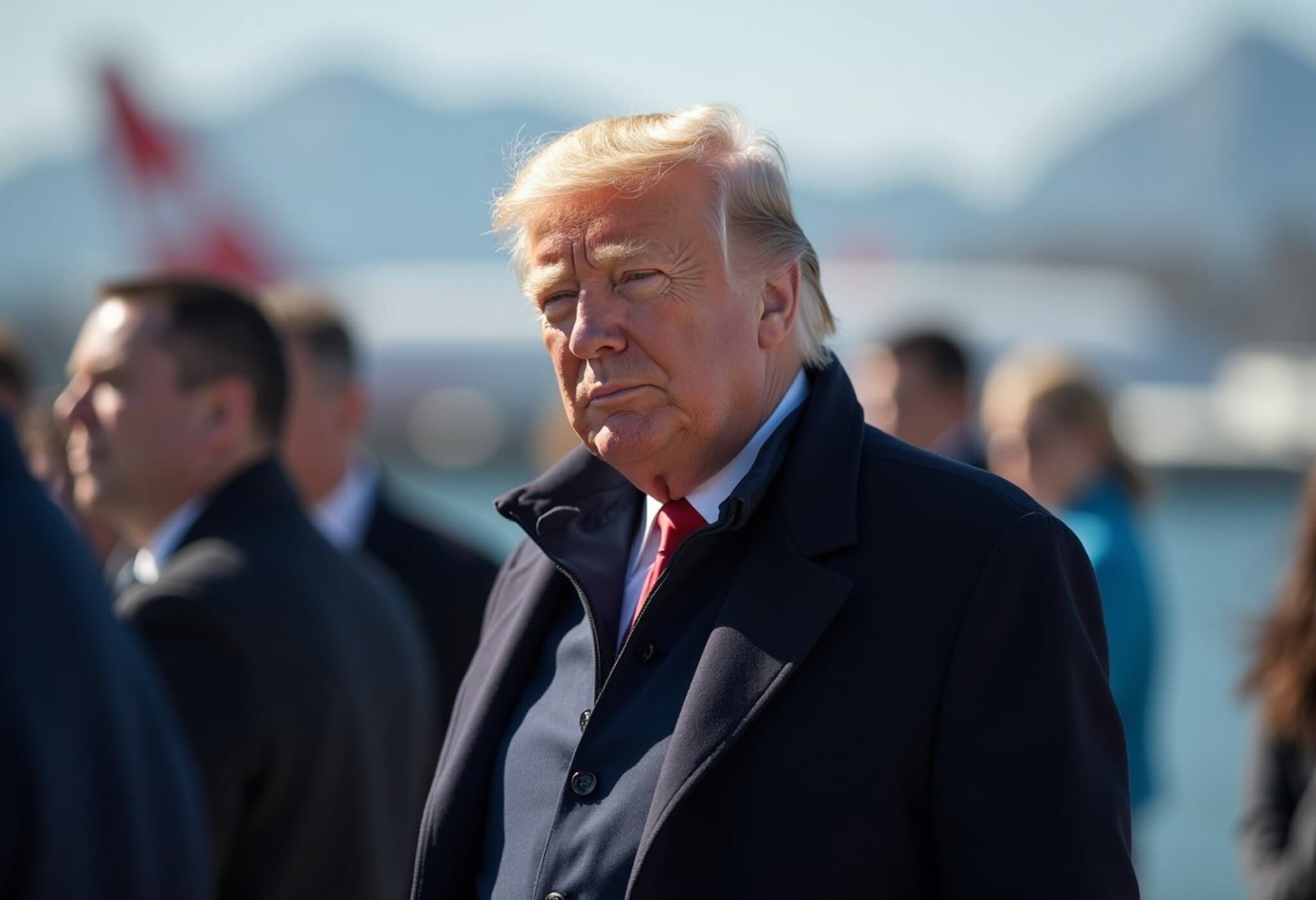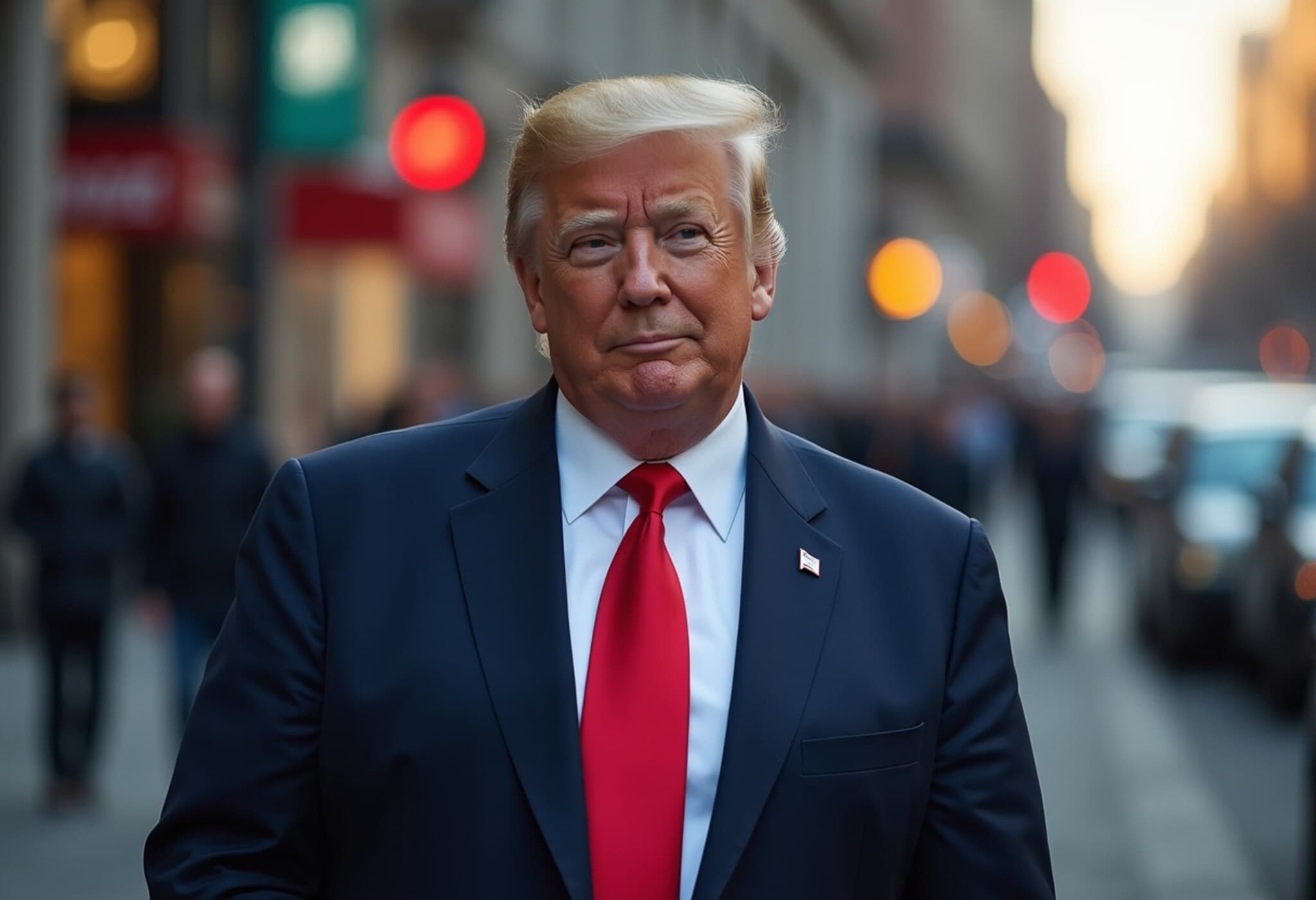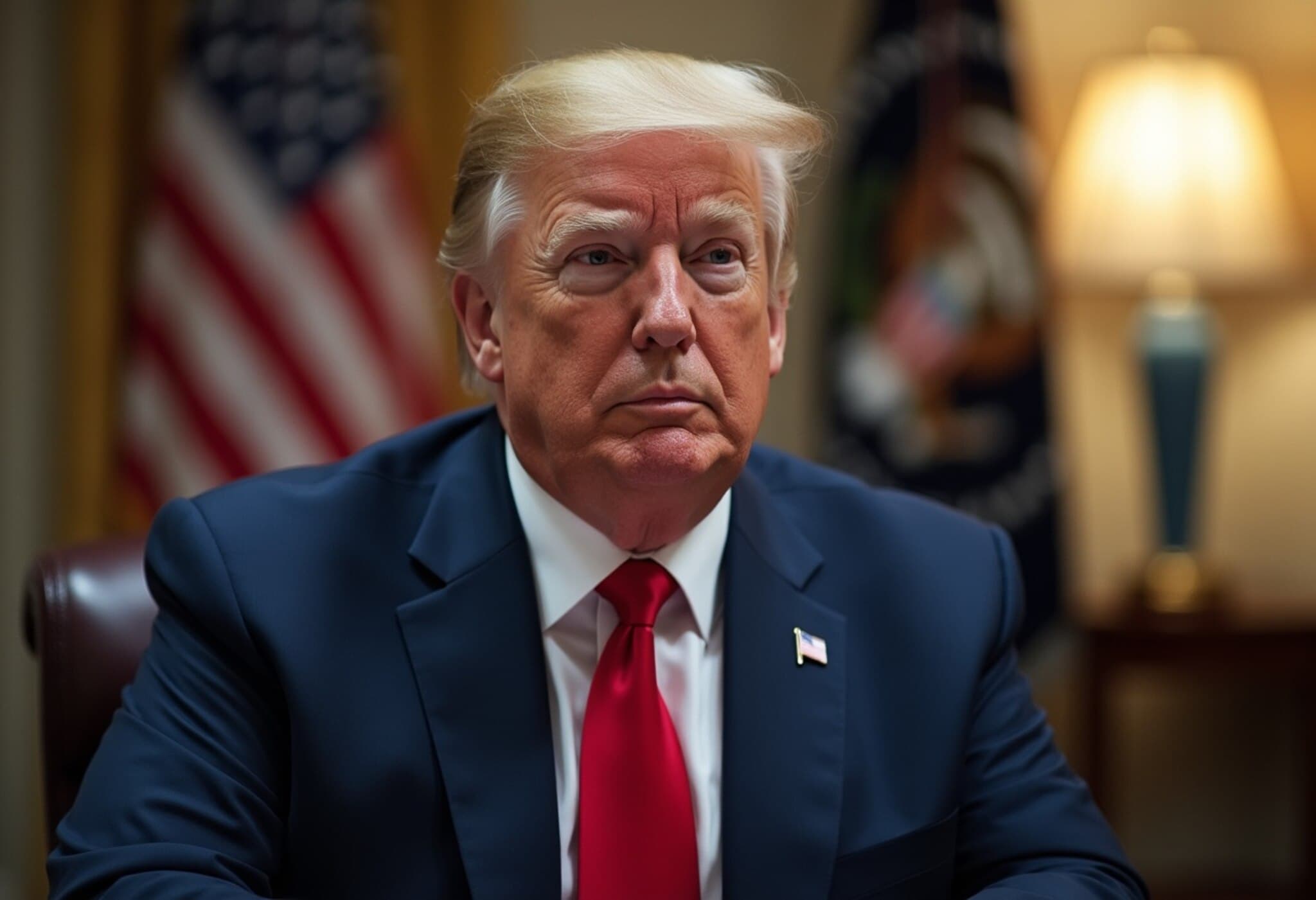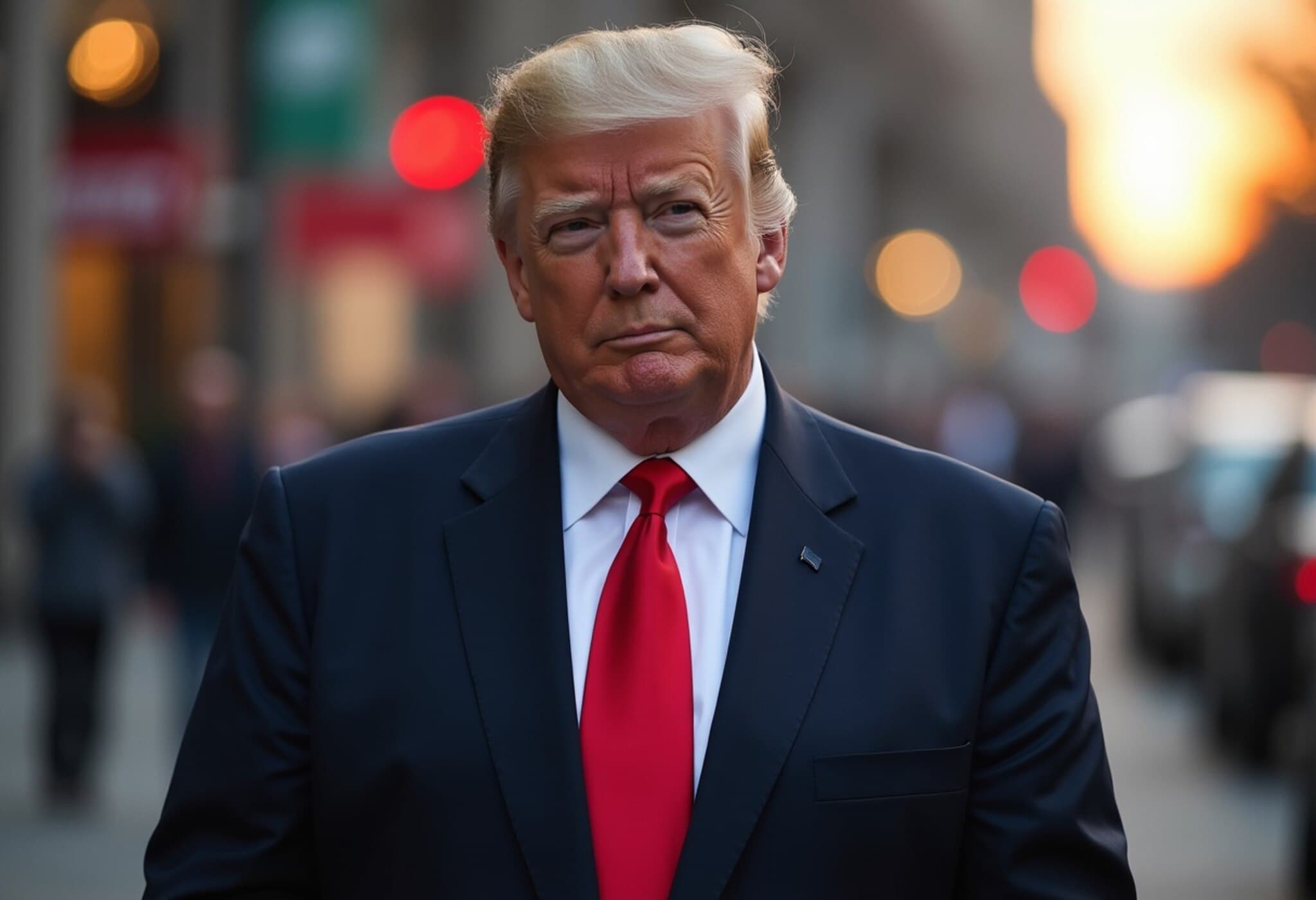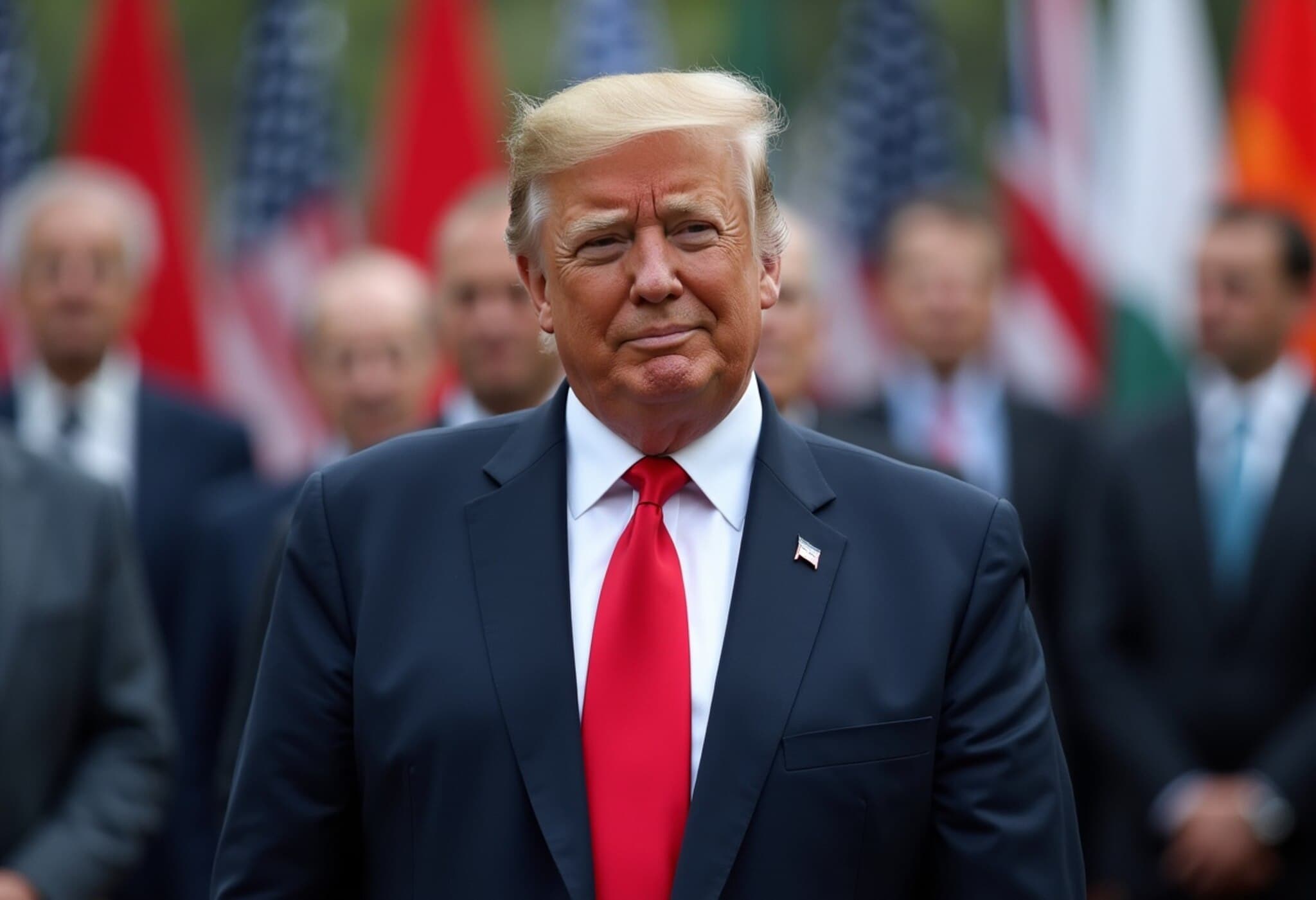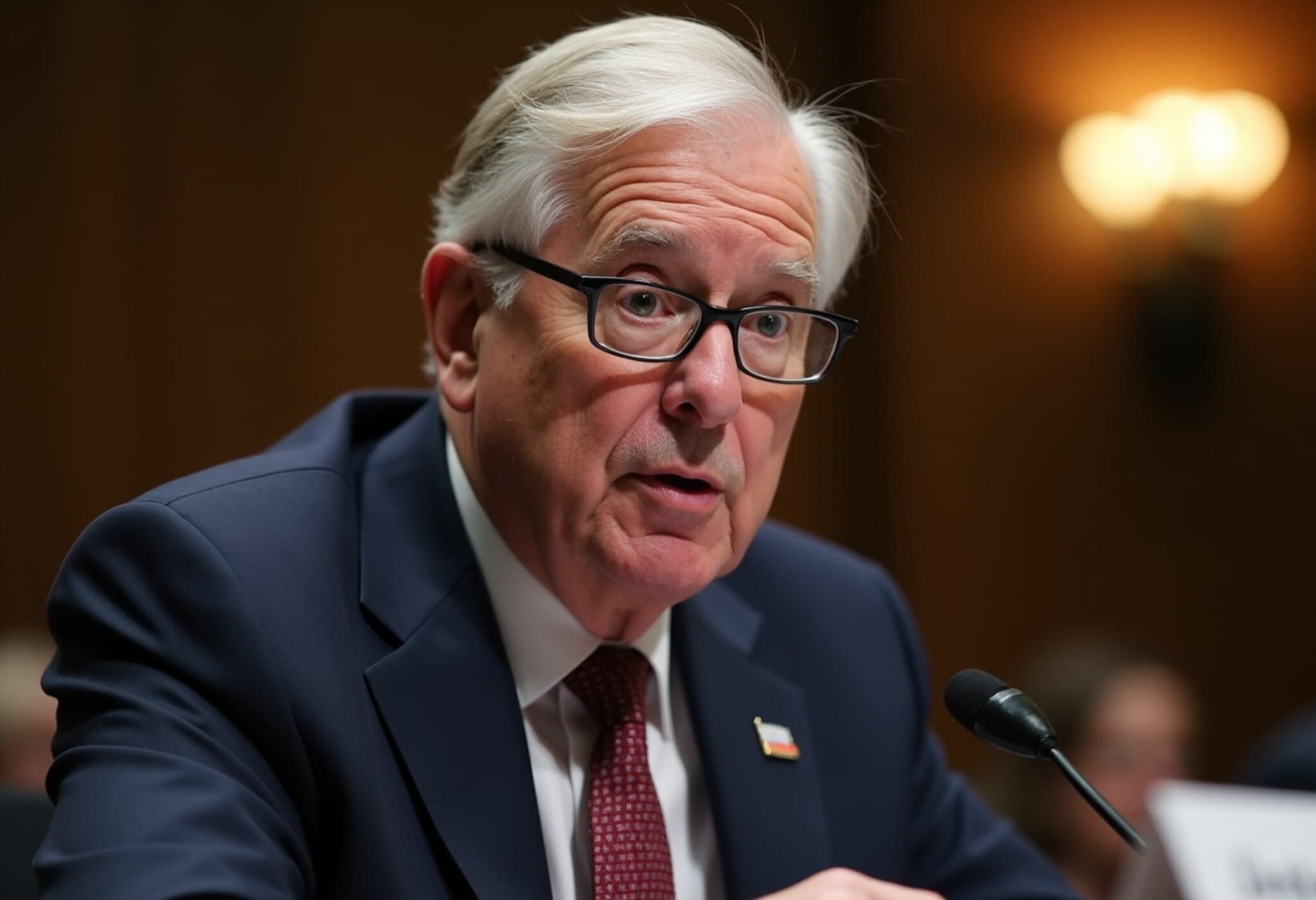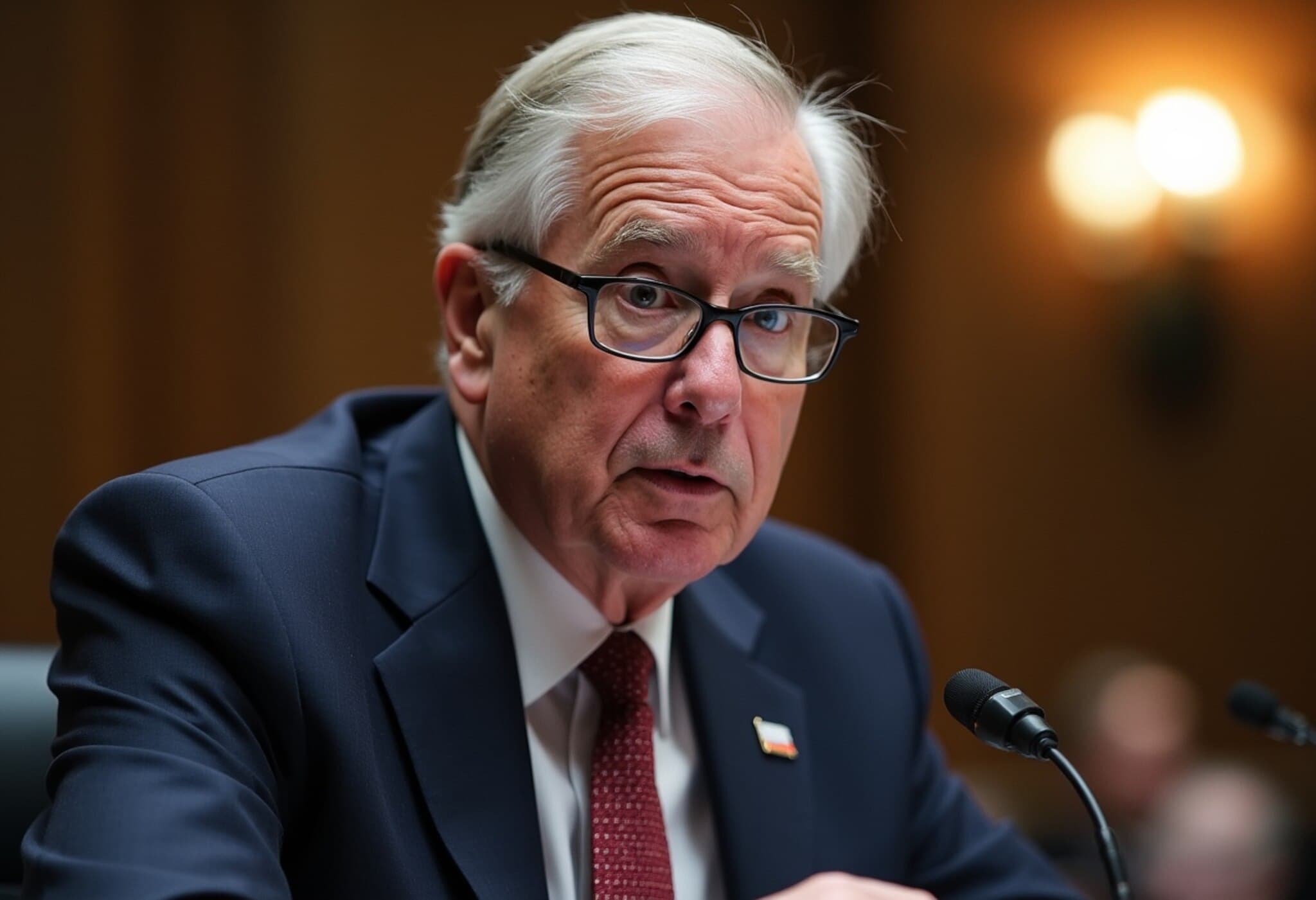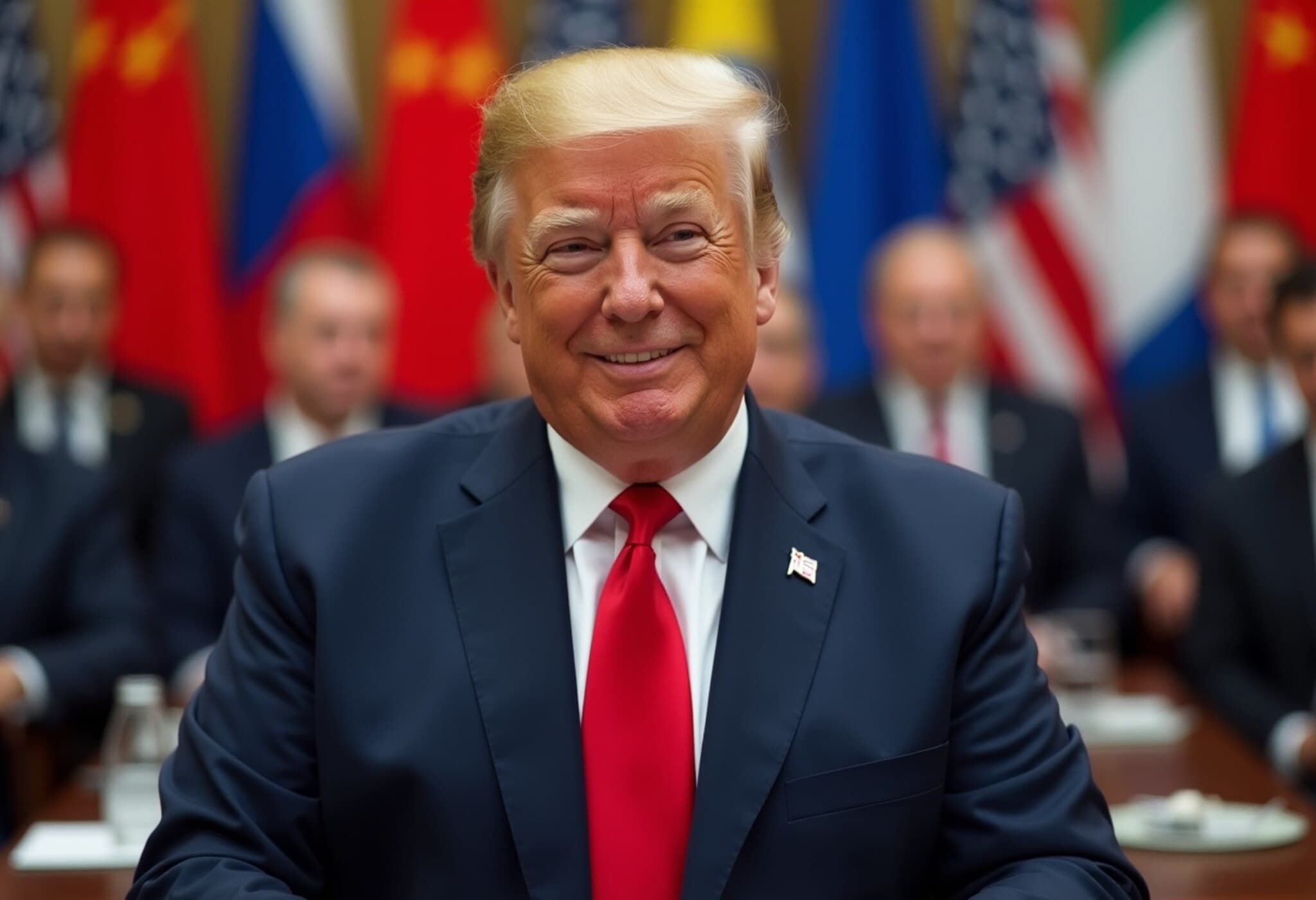Majority of Americans Oppose Trump’s Trade and Tariff Strategies
A recent poll reveals that 60% of Americans disapprove of former President Donald Trump’s approach to trade and tariffs, signaling widespread public dissatisfaction with his trade policies.
Polling Details and Public Sentiment
The survey showed that 45% of respondents completely disapprove of Trump’s handling of trade issues, while an additional 15% somewhat disapprove. These figures closely align with a similar poll conducted in mid-April, where 61% expressed disapproval compared to 39% in favor.
This wave of disapproval follows Trump’s April 2 announcement of sweeping import tariffs totaling over $600 billion. These tariffs targeted nearly all U.S. trading partners, with some levies on Chinese goods approaching 100%.
Global Response and G7 Pressure
Global leaders at the recent G7 summit in Canada urged Trump to reconsider his aggressive trade stance. Many participants voiced concerns that continued tariff disputes risk destabilizing the global economy.
- Several G7 countries are already subjected to a baseline 10% tariff implemented by the Trump administration.
- European nations and Japan face additional duties on autos, steel, and aluminum.
- A senior German official remarked that ending the tariff conflicts promptly was a common request among leaders.
The official warned that prolonged disputes may weaken G7 economies and ultimately strengthen China’s global market position.
Trade Deal with the UK Amid Tensions
In a notable development during the summit, Trump signed a trade agreement with UK Prime Minister Keir Starmer, designed to shield the UK from potential future tariffs. Speaking to reporters, Trump emphasized the fairness and economic benefits of the deal.
"I just signed it, and it’s done. So we have our trade agreement with the European Union, and it’s a fair deal for both, producing many jobs and income," Trump stated.
When asked about the UK's protection against future tariffs, Trump responded, "The UK is very well protected. You know why? Because I like them – that’s their ultimate protection."
Looking Ahead
As tensions over tariffs persist, the public resistance to these policies remains strong in the U.S., while global leaders continue advocating for a more cooperative approach to trade to safeguard economic stability.

